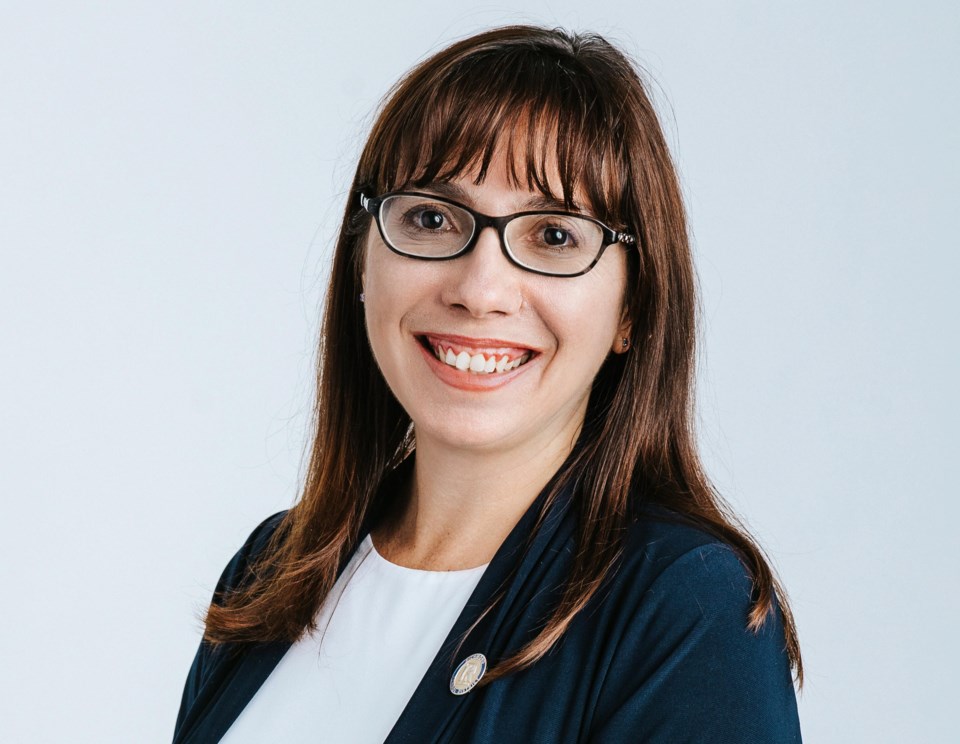Dear Editor,
Re: “Richmond trustee candidate upset to be listed as being against diversity,” News, Sept. 22.
Since when did creating school environments that uphold human rights and welcome students, staff and families to be themselves fully and openly, come to be understood by some as the opposite of common sense?
Referenced in your article, some school board candidates and their supporters would have us believe that there is a choice to be made: one can either support equity initiatives such as anti-racism or SOGI (Sexual Orientation and Gender Identity) inclusive policies, or one can be a ‘common sense’ candidate who “supports history, literature, arithmetic, spelling and grammar.”
Sorry, I didn’t realize those two things were mutually exclusive.
Last I checked, the new curriculum developed by the Ministry of Education and the strategic plans of most school districts (including Richmond’s) focus on both social/emotional learning (including SOGI 1-2-3 and anti-racism) and on what some would call “the basics” such as literacy and numeracy. In fact, all of these subjects — and more — are included in the BC K-12 curriculum’s “core competencies”.
In the Richmond School Board’s 5-year Strategic Plan, adopted last year, Priority 1 states, “The district builds literacy, numeracy and digital literacy through innovation and a commonly held vision.”
Priority 2 includes the goal: “The district actively addresses unconscious bias and privilege, systemic discrimination and marginalization based on factors such as ability, colour, cultural identity, gender, gender identity, Indigeneity, political beliefs, race, religious beliefs, sexual orientation and socio- economic status.”
Within this goal, two key objectives are: 1) support students and staff to develop a deeper understanding of the history and impacts of systemic discrimination, and 2) ensure students and staff have access to current and relevant learning resources that reflect the diversity of, and the challenges faced by, our community and the world.
Real common sense should point us to the logic that when kids feel safe, accepted and supported at school, they have better mental health and are more engaged with their learning. That means teaching about diversity and fostering respect for difference.
Equity and inclusion are at the heart of a strong public education system. If what’s passing for ‘common sense’ now is a call to revert back to an era where conformity, inequity, discrimination and bullying were accepted as just the way things were, then I’ll take a pass.
Sandra Nixon
RICHMOND SCHOOL TRUSTEE
(Nixon is not seeking re-election)



